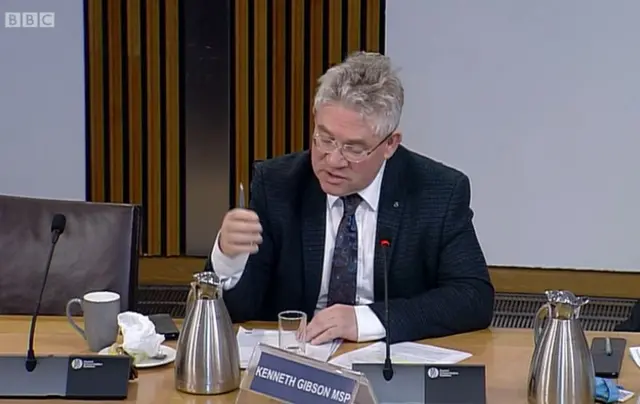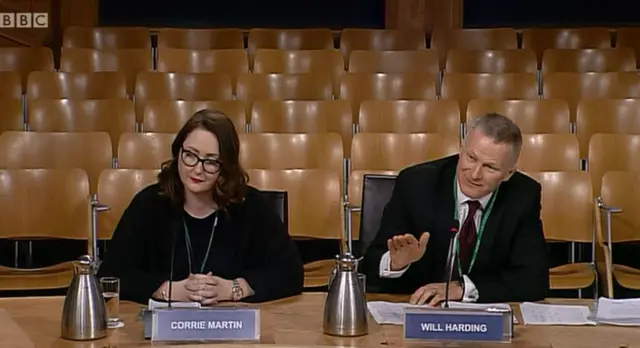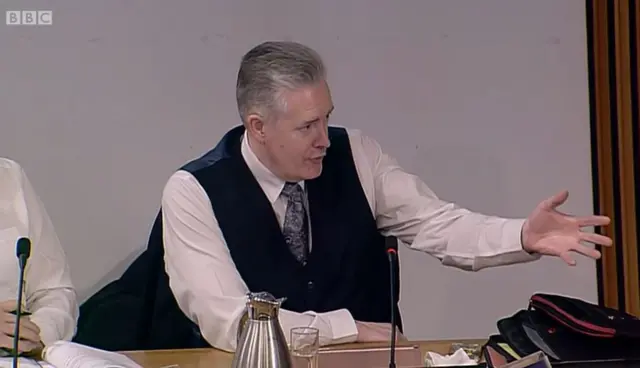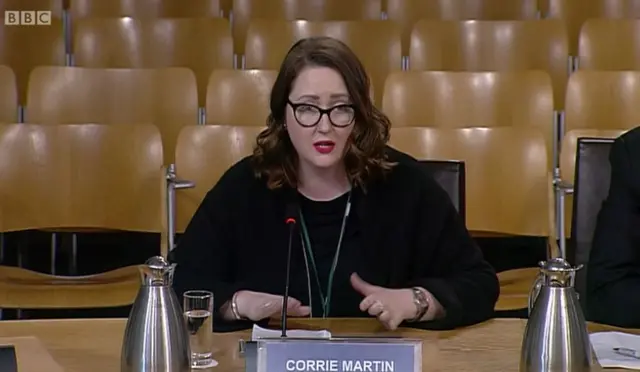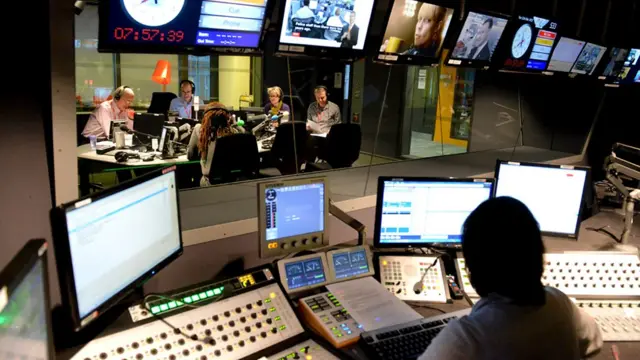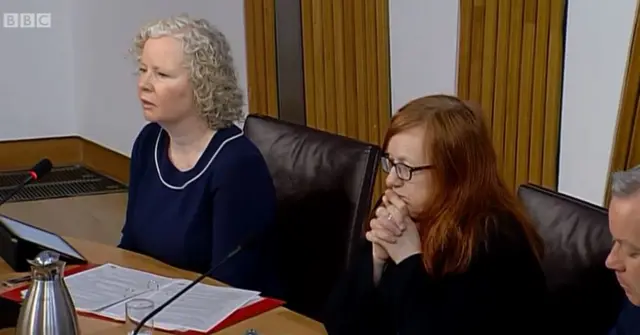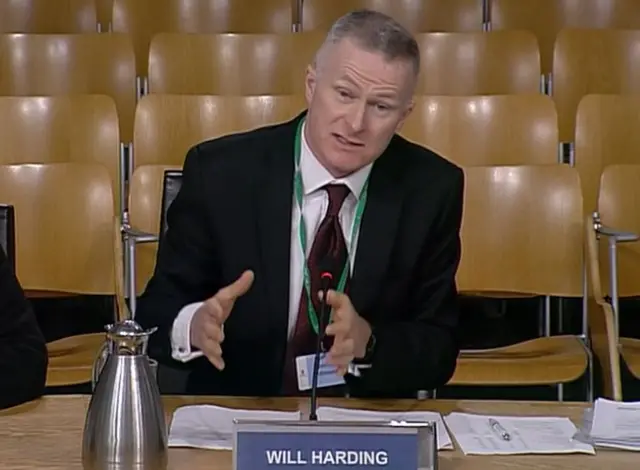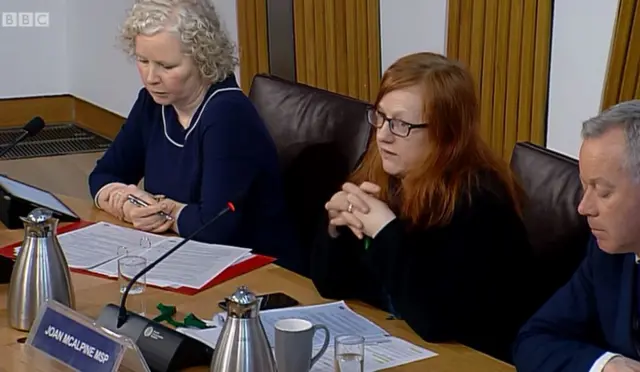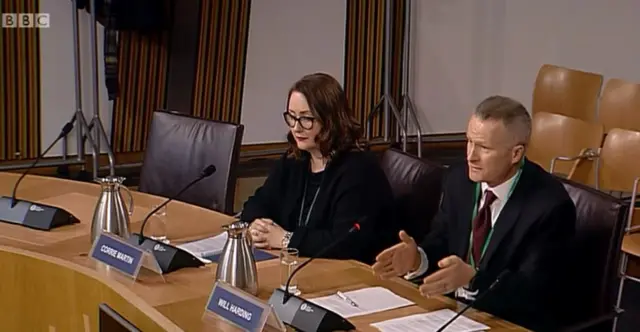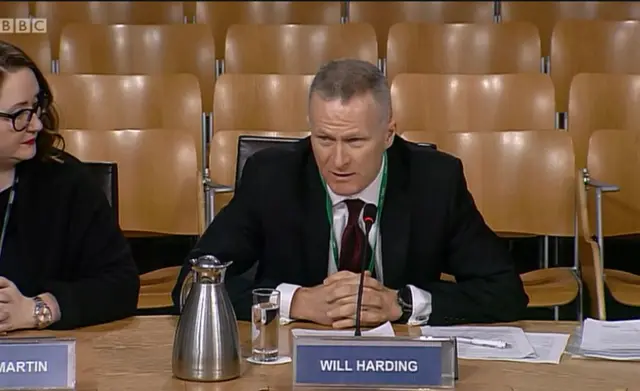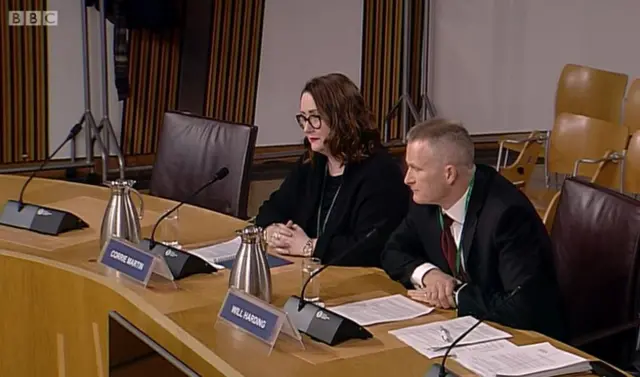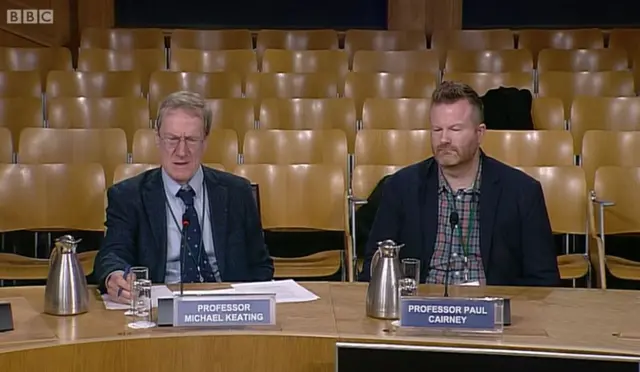No modelling on audience impactpublished at 10:52 Greenwich Mean Time 14 March 2019
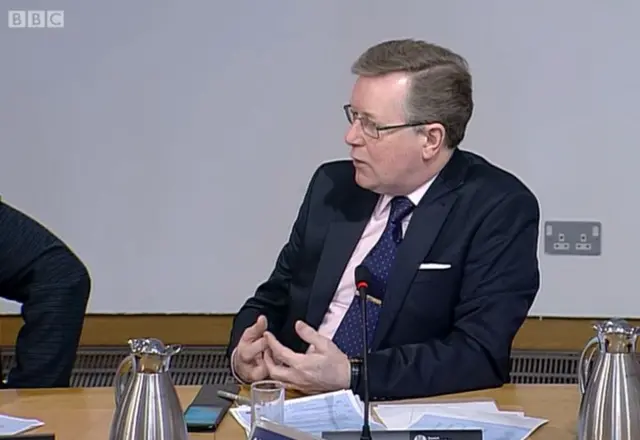
Tory MSP Alexander Stewart says it is difficult to imagine Global will remain relevant whilst it reduces local content and cuts jobs.
What modelling was put together on the impact on audience figures he asks.
Will Harding says it is a judgement rather than modelling, and if we get it wrong the audience will tell us.
The new breakfast shows will be entertaining, informative, popular programmes he says.
